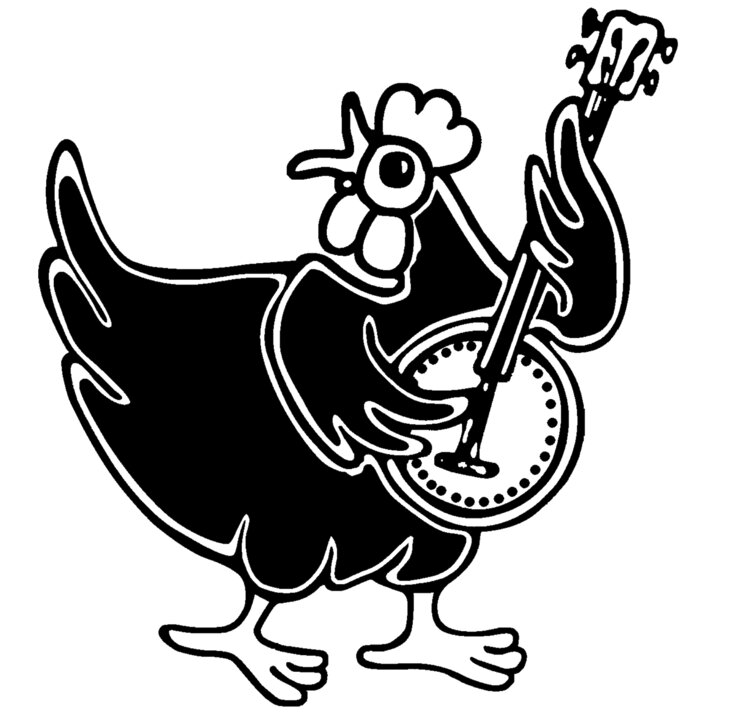Steve Dawson's feast of an album draws on a Who's Who of talented roots musicians to back up and support his own superb talents. Eyes Closed, Dreaming is the last in a set the Canadian guitarist, now residing in Nashville, terms his "pandemic trilogy," three albums released since the virus forced musicians into isolation. While players' contributions were pieced together remotely from various locations, the sound, immediacy, and synergy defy geography in this masterful display of song craft. (On a majority of tracks appear Jay Bellerose or Gary Craig on drums; Jeremy Holmes on bass and upright bass; and Chris Gestrin on pump organ and piano, joined here and there with other guest artists). The eleven tracks include four original songs written with Matt Patershuk, covers, traditional ballads, and two instrumentals. Dawson kicks off the album with Ian Tyson's classic, "Long Time to Get Old," a rollicking duet with Allison Russell that features a fingerpicked mandolin solo by Fats Kaplan and Dawson's riveting electric and slide guitars. "The Gift" opens with a flourish and moves into energetic fingerpicked territory, while "Hemingway" showcases Dawson's fun with lyrics ("The marlin was a real fish, he said….What's the use of metaphor?") Here Dawson's daughter Casey Dawson adds vocals while the graceful strings of Kaitlyn Raistz on cello and Ben Plotnick on violin and viola weave in and out. One of the strongest pieces on the album is traditional "House Carpenter" with Dawson's thrilling, intricate guitar (Weissenborn, electric) and the treat of solo mandolin by the legendary Tim O'Brien. While unconventional horns (Jerry Cook on baritone sax; Dominic Conway, tenor sax; and Malcomm Aiken, trumpet) add a little soul to Bobby Charles' "Small Town Talk," there's a quasi-New Orleans' vibe to instrumental "Waikiki Stonewall Rag." Also showcasing Dawson's virtuoso chops on Weissenborn, National guitar, and ukulele is "Singin the Blues," where he and Chris Gestrin's piano provide a thrilling ragtime blues treatment. Among several superb originals is "The Owl," in which Dawson plays both lap steel, fingerpicked acoustic, and 12 string with mesmerizing skill that underscore the mysteries of nature the song celebrates. While the wide-ranging compositions highlight the interplay among the musicians, at the album's heart are Dawson's stunning talents in composition, melody, and counterpoint. His pleasing vocals switch effortlessly among all the styles represented on the album and are particularly effective on his unembellished version of John Hartford's "Let Him Go On Mama." Here, alone with his Weissenborn, his playing is especially resonant on this rich, varied, and exceptional album.
